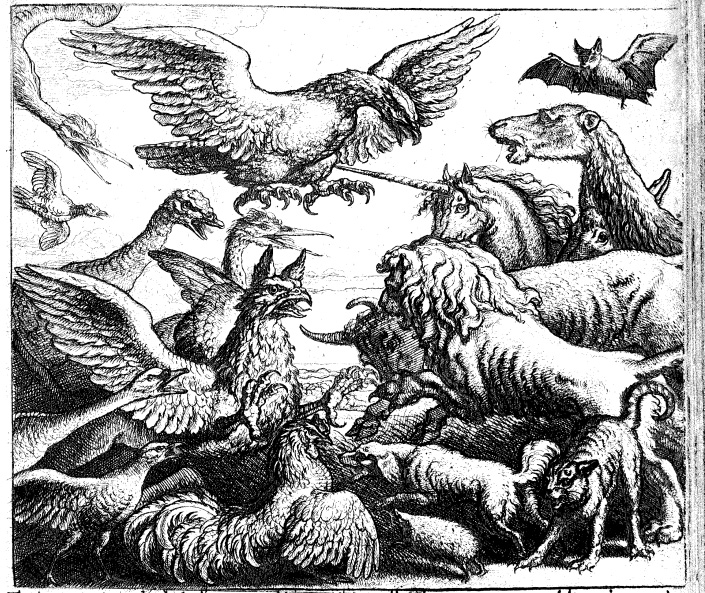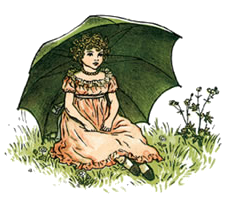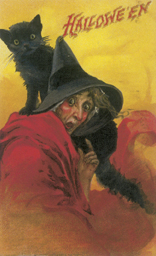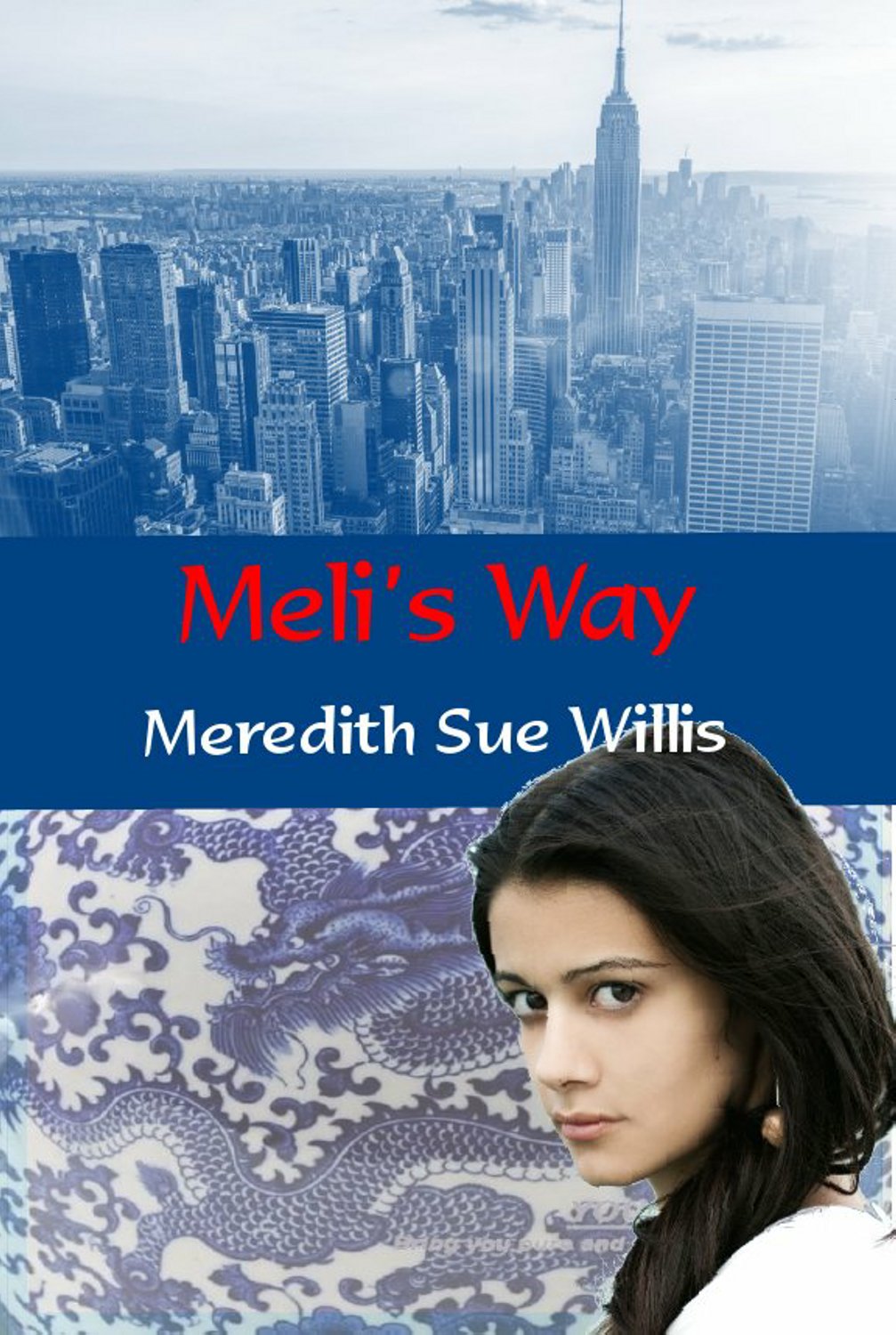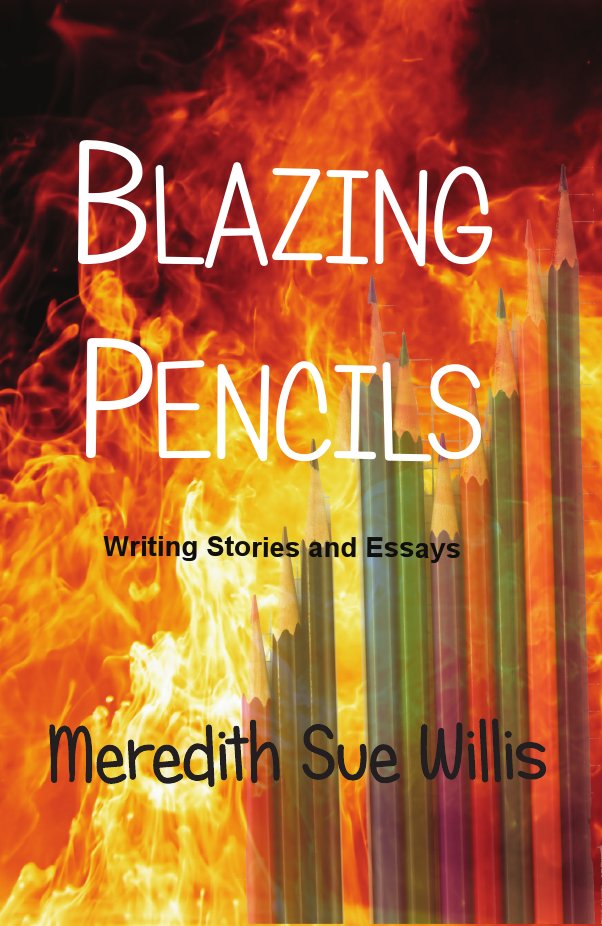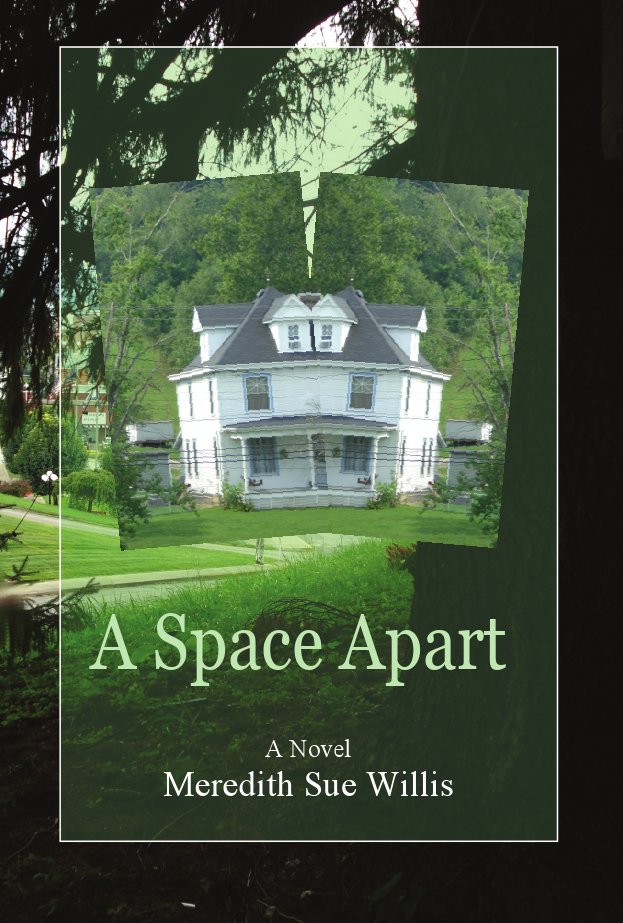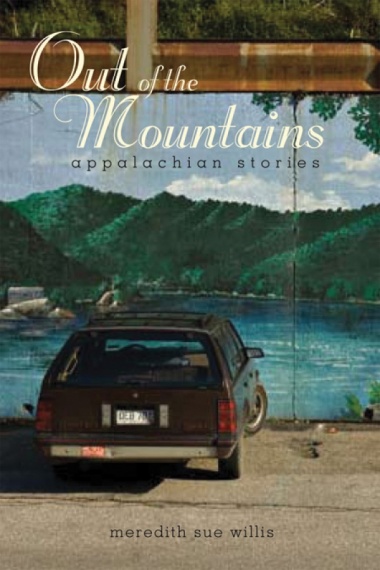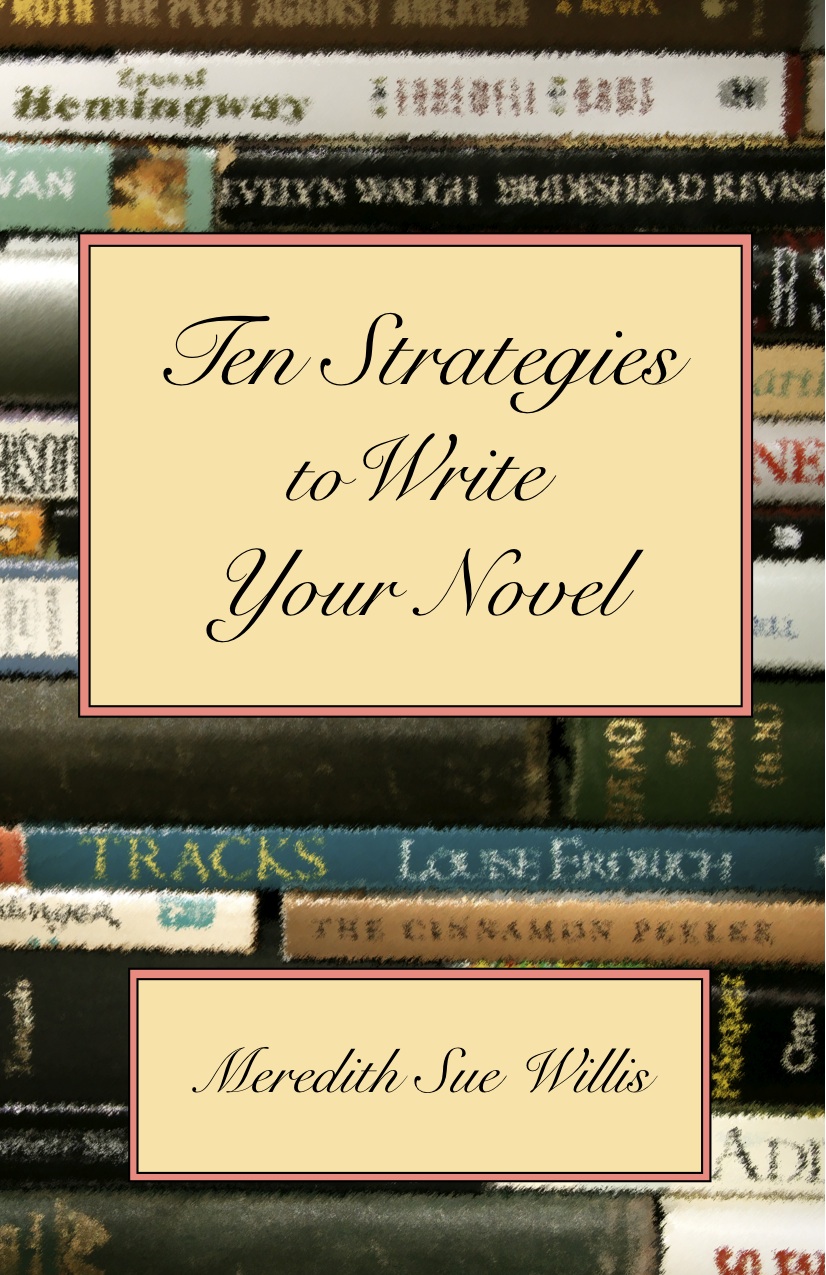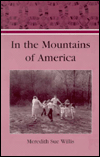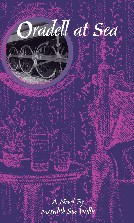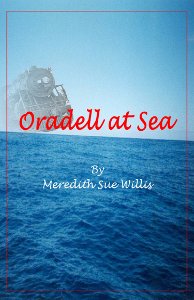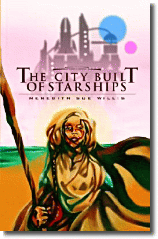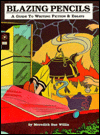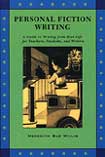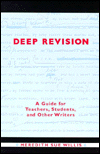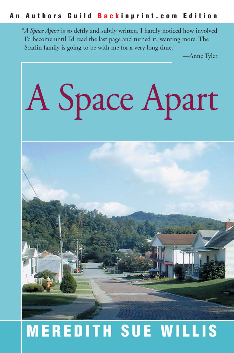Writing Exercises 241-260 are on this page.
Exercises 1- 20
Exercises 21- 40
Exercses 41 - 60
Exercises 61-80
Exercises 81-100
Exercises 101 - 120
Exercises 121 - 140
Exercises 141 - 160
Exercises 161 - 180
Exercises 181 - 200
Exercises 201 - 240
Exercises 241 - 260
Exercises 261 - 300
Exercises 301 - 330
For writing exercises for kids, click here.
For teens, begin here.
Exercise #241
This week is the 100th anniversary of the sinking of the Titanic! (It's also tax day in the United States and my son's birthday, but let's focus on the Titanic).
Imagine you were present at some great disaster-- a train wreck, a tsunami or earthquake. Imagine yourself as a survivor, and write what your experience was like. In this case, don't strive for the grand overview, but rather one person's very particular experience-- not necessarily typical. Perhaps you got the last seat on a lifeboat because you happened to be there when the person who was supposed to get the seat ran back for her jewelry box. What if you were having an argument with your brother and and took a long walk to cool off-- uphill, just as the great wave hit?
Do a little research, if necessary,but concentrate on the sense details: temperature, smells, textures.
Exercise #242
This illustration was made to go with an Aesop's fable. Write your own fable to fit this image, and then, if you want to see the original, click here.
Exercise #243
Before I could read, I used to look at the pictures in a two-book set on the shelf. The books had matching woodcut illustrations and I believed for a long time that they were two parts of the same story, rather than two separate books, Jane Eyre and Wuthering Heights. There was a dark haired hero who was blind at the end of the first book and then seemed to be healthy again in the second book. I was fascinated by the illustrations, and once I learned to read, loved the books, but never really felt they matched up with the images.
Here's one of the images that fascinated and frightened me:
The artist is Fritz Eichenberg. Write about this image, or write about some image that fascinated you when you were young and didn't understand what you were seeing. What did you imagine?
Exercise #244
Write an aftermath scene. The discovery is over; or, the proposal has been made; or,the villain has been exposed; or, the fury has passed. In other words, the immediate drama is done. Write a scene that captures the mood that is left.
Exercise #245
Try a piece in which you are the assistant or sidekick or handler of some famous person: a president, a movie star, a captain of industry. The late Mother Teresa? Write about that person's day, and your activities. What tone do you find your narrator taking? Cynicism mixed with at least occasional respect? Do you debunk? Talk about the famous person's secret suffering? Talk mostly about yourself?
Exercise #246
Try a basic exercise in slowing down time. Take some ordinary activity (taking a shower?) or a less ordinary activity (first kiss? )and describe it in enormous detail, breaking down each moment. This is an important fictional technique-- to take a moment and slow it down for maximum examination and power.
Exercise #247
Summer has struck bigtime here in the Northeast: record temperatures, heat haze humidity, official requests to lower the thermostats of hastily installed air conditioners.
Write something about the weather. Begin with a thorough, perhaps even over-written description of your present or some remembered weather, then see if writing about it leads you to some memories or (if you're working on a fiction project) some new ideas for events or plot.
Exercise #248
Write an ocean beach story. Begin with description, which you may or may not keep. Use the description as a way to put yourself into the place. Describe the scene at length: gulls? breeze? broken shells? Or, if you prefer, a fancy beach house or a commercial board walk.
Describe in detail, perhaps even over-writing. Describe until something begins to bubble up: a memory from childhood; an image of someone meeting someone; a child goes missing.
Go where the bubbles lead you.
Exercise #249
Write a scene, memoir or fiction (or other!), in which two people with different belief systems are discussing religion. Do it humorously or seriously, but in either case, you'll find it is especially rich if the people actually come from the same general tradition but differ on relatively small points of doctrine or culture. How does it end?
Exercise #250
Someone is not falling asleep. This could be you or the main character or a novel or another character. It might be chronic insomnia or an excited teenager thinking about tomorrow. Have the person remember things, anticipate things, obsess about things. Notice the differences in how the world looks and sounds in the dark. Does the person toss and turn or lie still? This is a great opportunity for mulling things over and remembering.
Exercise #251
A professional artist told me that all pigments are beautiful until someone uses them badly. Even so, most of us have strong emotional reactions to certain colors.
Think of a color you dislike (most likely a particular shade or even the name of a color) and put it in your novel, or use it to start a personal essay or story. Did you as a child hate to wear peppermint pink? Maybe you were an athletic little girl and associated the color with being silly or weak. Or perhaps you were as a child frightened by people dressed all in white. How about now? Are there certain room colors that set your teeth on edge? Inappropriate times for wearing certain colors? Or perhaps a particular color of flower or football jersey reminds you of something bad.
Use these emotional reactions as a jumping off point for a scene or a new story or essay.
Exercise #252
On vacation, at a lake (or at the beach, or in the mountains-- anywhere not urban) someone has an encounter with a wild animal: this might be a bat in the house or a fishing eagle or a water snake or sea gull. Describe the encounter and what happens next. For memory writing, this might be an actual incident; in fiction, it could be a story someone tells or an event that explores a character's personality.
Exercise # 253
You (or the character in your fiction) have gone back to a place you haven't been in many years. What is the first thing you notice? Something that has changed? Or something that is the same? Who do you talk to? What do you learn?
Exercise # 254
Choose two characters in your novel or story, or yourself and someone from your life. Set a timer for ten minutes. Write just the conversation between the two until the timer rings. That is, don't include any narration and use as few as possible gestures and adverbs. Concentrate on having the two talk to each other. This is not likely to produce a complete scene, but it is likely to give you a lot of material, and sometimes, by making the people talk longer than you ordinarily would (and you may be making up things if you are writing memoir), you may learn something new about them or their relationship of, in fiction, about the plot.
Exercise # 255
It's the political season, and a very serious time, but the Conventions offer a lot of color and crowd scenes and back stage drama-- as well as, perhaps, unconscious humor.
Can you come up with the plot of a genre novel set at a national convention? The challenge here is to use the material and setting you see on television as background for various plots, serious or parodic.
A murder mystery seems obvious, or the story of the aide to a famous politiciain. Can you come up with a story line for a romance novel? How about horror? Or maybe this is comedy: Republican Zombies in Tampa? The Vampire Diaries of the Democratic Convention?
The idea is to come up with several plots using this particular setting, and then look back at them and see if there's anything you could transfer to a setting you know better-- or maybe actually use a political convention!
Exercise # 256
Write something about feet.
Write about your own feet-- do you like how they look? Do they give you pain or itching? Do you have a regular pedicure?
Or, if you are working on a novel, try to work some feet into it. Your main character suddenly develops a blister-- does that have an effect on the story line? Or perhaps the main character observes the feet of strangers in a bus.
Or describe a pair of feet you have seen, with or without shoes, and let that be the beginning of a story...
Exercise # 257
Make a list of clichés or catch phrases that people are always using. They can be boring clichés, or colorful ones, your most or least favorite. Maybe there's some special one you are secretly fond of. I remember I always wanted as a child to write a story in which the heroine "gathered up her skirts."
Choose one of the clichés from your list and begin a story, anecdote, chapter or any other passage of prose with the phrase. Perhaps a character says it ("Don't cry over spilt milk," said her grandmother...) or perhaps the narrator is thinking about its meaning.
Exercise # 258
Write a piece, or perhaps a poem, that begins with the line:
The night I turned the corner and in sickly blue streetlight, saw ...
Continue this, and see where it takes you. (I got the idea from the beginning of a poem by Myron Ernst that you can read here.)
Exercise # 259
Write about the first time (or, at any rate, an early time) when you became aware of your gender. Was this a happy moment of empowerment? Or were you hurt to discover some limitation? Did you wish you were the other gender?
Exercise # 260
It's that time of year again: my neighbor the police officer spends five or six weeks painstakingly turning his front yard into a cemetery spewing the ugliest, goriest monsters and body parts you can imagine, along with assorted axes and cauldrons and spiders oh my!
Write a story or memory that takes place among Halloween decorations on Halloween. Maybe it's funny or maybe it's terrifying, but see where it takes you.
The Bat, the Birds and the Beasts
A great conflict was about to come off between the Birds and the Beasts. When the two armies were collected together the Bat hesitated which to join. The Birds that passed his perch said: "Come with us"; but he said: "I am a Beast."
Later on, some Beasts who were passing underneath him looked up and said: "Come with us"; but he said: "I am a Bird." Luckily at the last moment peace was made, and no battle took place, so the Bat came to the Birds and wished to join in the rejoicings, but they all turned against him and he had to fly away.
He then went to the Beasts, but soon had to beat a retreat, or else they would have torn him to pieces.
"Ah," said the Bat, "I see now, "He that is neither one thing nor the other has no friends."
Subscribe to Meredith Sue Willis's
Free Newsletter
for Readers and Writers:
Send email to MSW
New Book Deal!
Special Price on Meredith Sue Willis's new book of stories from myths and other stories: Re-Visions. Regular Price $14.95 plus S&H now $13.00 plus S&H.
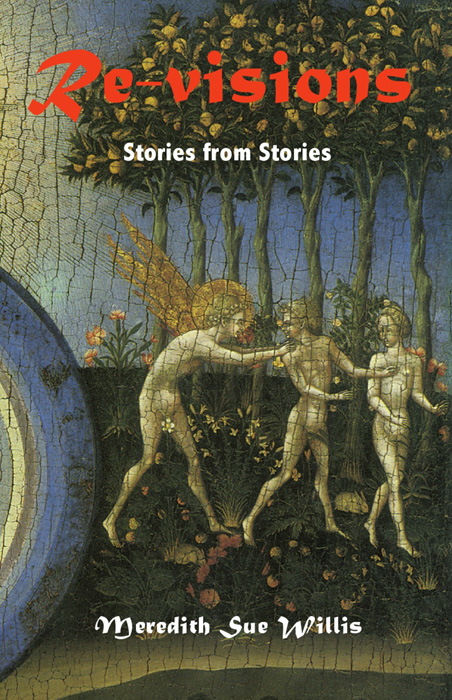
Click on the Book or here.
Re-visions: Stories from Stories is a collection of spin-offs from myth, fiction, and the Bible. From a new look at Adam and Eve and why they left the Garden to a grown-up Topsy from Uncle Tom's Cabin to the confessions of SaintAugustine's concubine- each story offers a gloss on the original as well as insights into how we canlive today.
Photos found on the various pages of this web site may be used by anyone,
but please attribute the source when it is specified.
This work is licensed under a Creative Commons Attribution-NonCommercial-ShareAlike 3.0 Unported License.
